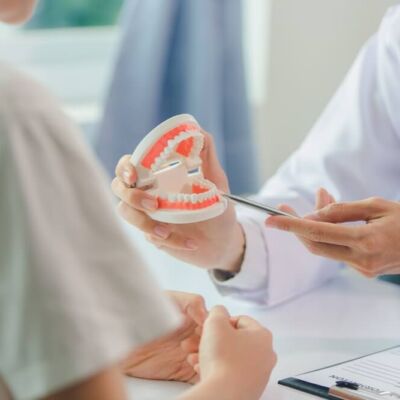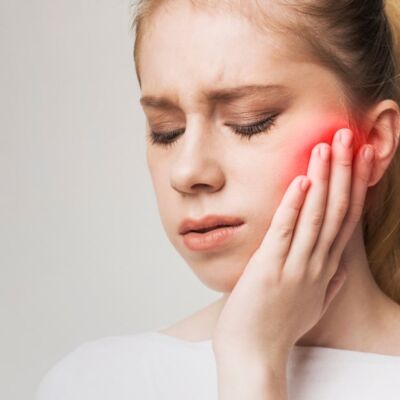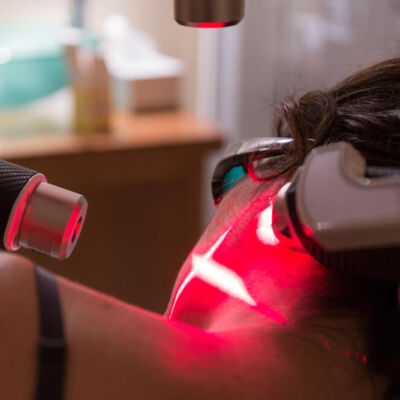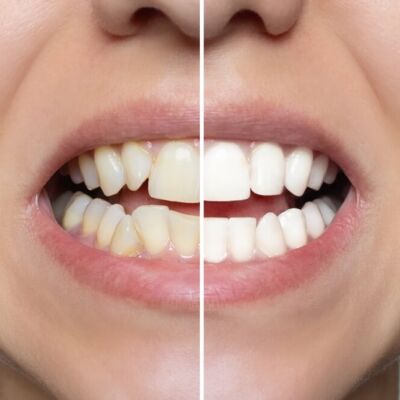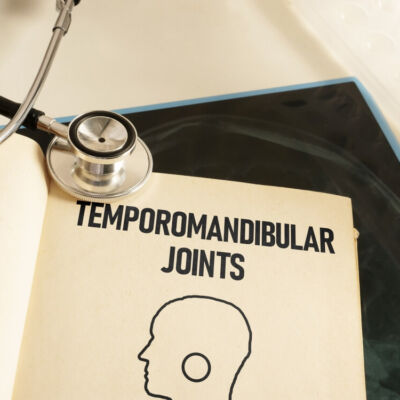Welcome to our dental blog!
Here you will find articles and information relating to our dental services, procedures, technology, and of course... Your oral health!
Showing 1–10 of 184 articles
Full Mouth Restoration vs. Cosmetic Dentistry: What’s the Difference?
If you’re one of the 61% of Americans who wish they could improve their smile, you may be starting your research into available treatment options. Two of the most commonly...
Continue reading ...Understanding Neuromuscular Dentistry: Aligning Jaw Function and Oral Health
When most people think about dental care, they think about teeth and gums. However, there’s another important piece of the puzzle that’s often overlooked: jaw alignment. If your bite isn’t...
Continue reading ...How to Relieve TMJ Jaw Pain
Last modified: March 17th, 2025
TMJ, otherwise known as the temporomandibular joint disorder, affects millions of people across the United States. TMJ causes pain in your jaw joint and the muscles that surround the joint,...
Continue reading ...The Latest Advances in TMJD Treatment: What You Need to Know
Last modified: March 17th, 2025
As TMJD becomes increasingly common, the need for treatment is in high demand. While medical advancements and new treatments are always becoming available, tried-and-true methods are still effective for many...
Continue reading ...How Much Do Porcelain Veneers Cost?
Last modified: February 19th, 2025
A beautiful smile should be functional and pain-free. For many Americans, dental imperfections like discoloration, chips, or misalignment can be painful and affect their self-esteem. Porcelain veneers offer a long-lasting...
Continue reading ...5 Signs You Could Benefit from Cosmetic Dentistry Services at Our Wexford Practice
Last modified: March 17th, 2025
Your smile is often the first thing people notice about you, and it plays a big role in your confidence and self-esteem. Dr. Alexandra S. George and the Pittsburgh Dentist...
Continue reading ...Is DTR Therapy Right for You? How Our Leading Practice Can Help Pittsburgh Patients
A significant number of people deal with TMJ pain and discomfort. The temporomandibular joint (TMJ) is a complex structure that allows your jaw to move and function. Issues can cause...
Continue reading ...Happy Holidays from Pittsburgh Dentist
Last modified: March 17th, 2025
Our staff here at Pittsburgh Dentist want to take this opportunity to wish you a happy holiday season! We sincerely hope you’re enjoying the holidays and we want you to...
Continue reading ...TMJ Treatment Expenses: Understanding Cost, Financing and Insurance
Dealing with TMJ disorder can be both physically and financially challenging. Many patients delay seeking treatment due to concerns about the cost and the complexities of insurance coverage. TMJ pain...
Continue reading ...TMJ Treatment in Wexford: How Our Dental Office Can Help Relieve Your Pain
Dealing with Temporomandibular Joint Disorder can be a daily struggle, causing chronic pain and discomfort that disrupts your quality of life. Dr. Alexandra S. George understands the complexities of TMJD,...
Continue reading ...

